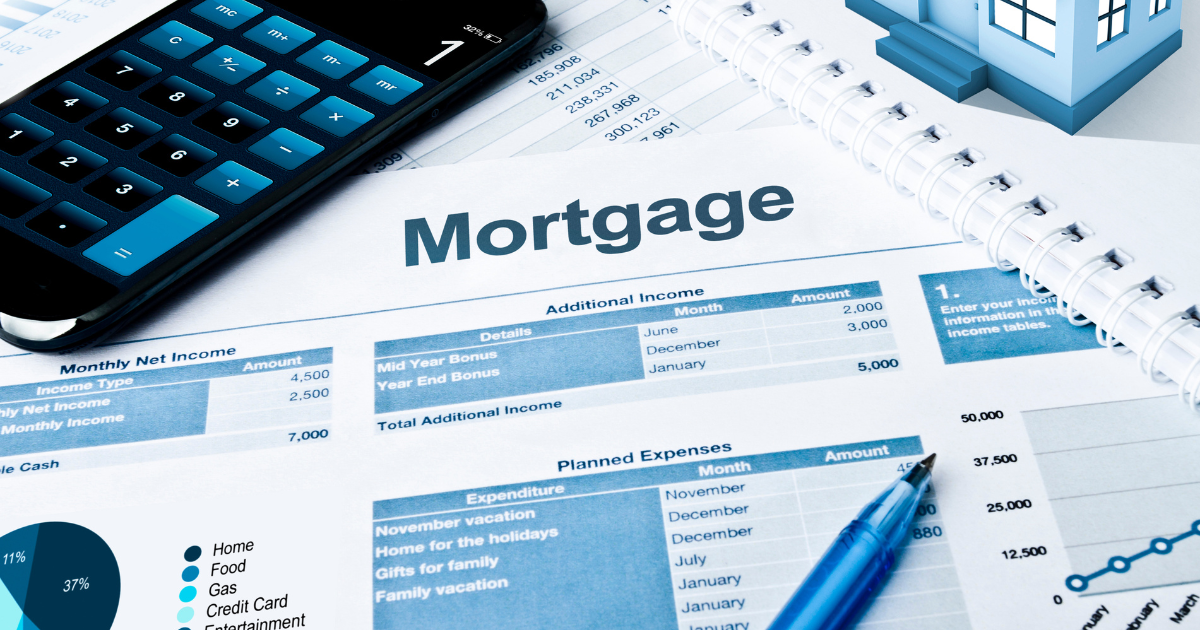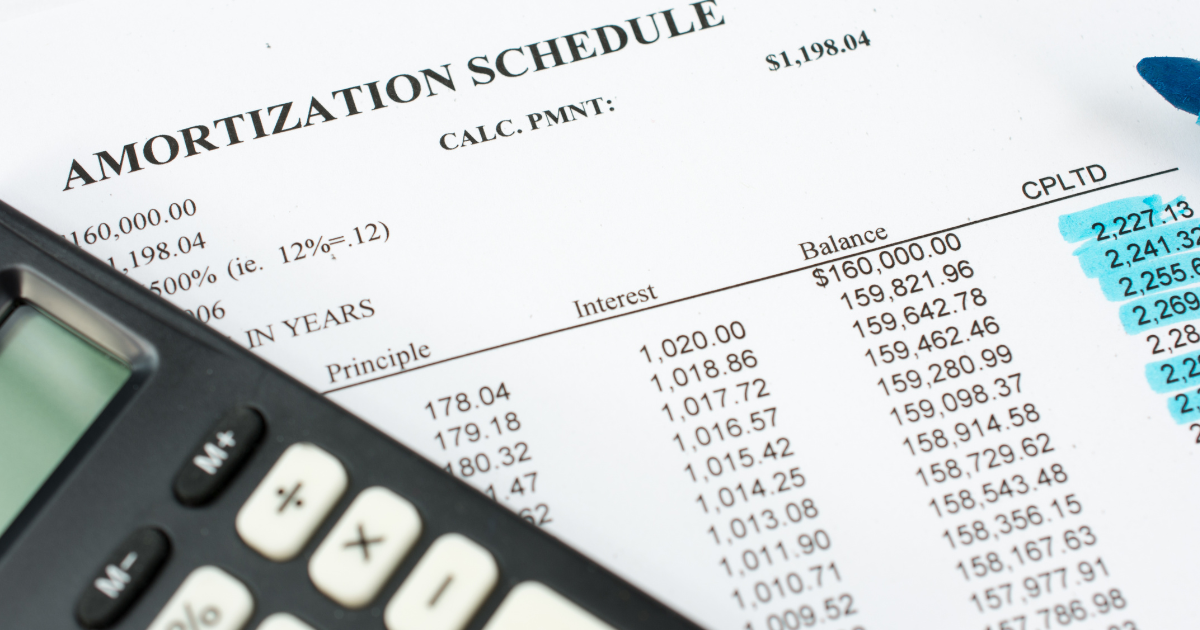Understanding PMI and Why Borrowers Want to Avoid It
Private Mortgage Insurance (PMI) is an extra cost that many homebuyers don’t anticipate when starting their home search. Typically, lenders require PMI on conventional loans when buyers put down less than 20% of the home’s purchase price. PMI protects the lender in case of default, but it doesn’t provide any benefit to the borrower.
The cost of PMI can range anywhere from 0.3% to 1.5% of the loan amount annually. On a $350,000 loan, this could add up to $100–$400 per month—money that could otherwise go toward building equity, home improvements, or simply reducing the monthly mortgage payment.
Naturally, many buyers ask the same question: Is there a way to buy a home without paying PMI? The good news is yes, there are several no-PMI mortgage options worth considering.
Option 1: Make a 20% Down Payment
The most straightforward way to avoid PMI is by making a 20% down payment. If you purchase a $400,000 home, that means putting down $80,000 upfront. By hitting the 20% threshold, lenders see you as less risky, and PMI is no longer required.
The challenge with this route is obvious: saving that much cash takes time. For many first-time buyers, especially in competitive housing markets, a 20% down payment feels out of reach. That’s why other alternatives have become increasingly popular.
Option 2: VA Loans (For Eligible Veterans and Service Members)
VA loans, backed by the U.S. Department of Veterans Affairs, are one of the best ways to purchase a home with no PMI and no required down payment.
Key benefits of VA loans include:
- No PMI: Unlike conventional and FHA loans, VA loans do not require private mortgage insurance.
- Low or No Down Payment: Eligible borrowers can often finance 100% of the home’s purchase price.
- Competitive Rates: VA loans generally come with lower interest rates than conventional loans.
Instead of PMI, VA loans include a one-time funding fee (unless waived due to disability or other exemptions). The fee can be rolled into the loan, meaning no out-of-pocket cost at closing.
If you’re a veteran, active-duty service member, or surviving spouse, this is one of the most powerful no-PMI mortgage options available.
Because the first mortgage is capped at 80%, PMI isn’t required. The trade-off is that the second mortgage usually carries a higher interest rate, and payments can vary if it’s structured as a HELOC.
Piggyback loans can be a good option if you want to avoid PMI but don’t have the full 20% saved.
Option 3: Lender-Paid Mortgage Insurance (LPMI)
Some lenders offer what’s called lender-paid mortgage insurance. With LPMI, the lender pays the PMI on your behalf, but in return, you agree to a slightly higher interest rate.
Here’s the trade-off:
- Pros: You avoid a separate PMI charge on your monthly mortgage bill, making your payment look simpler and cleaner.
- Cons: You’ll likely pay more over the life of the loan because of the higher interest rate.
This option can make sense if you plan to refinance or sell within a few years before the higher interest cost outweighs PMI savings.
Option 4: Certain FHA Alternatives and State Programs
While FHA loans themselves always require mortgage insurance, some state and local housing finance agencies offer first-time buyer programs that include down payment assistance paired with no-PMI loan structures. These vary widely depending on where you’re buying, so it’s worth checking eligibility.
CapCenter’s team can walk you through whether such programs exist in your state and whether they align with your financial situation.
How CapCenter Makes a Difference
At CapCenter, we understand how frustrating it can feel to pay for something like PMI that doesn’t benefit you directly. That’s why we’ve built our process around maximizing savings for our clients—starting with our Zero Closing Cost mortgages.
While PMI is sometimes unavoidable depending on your down payment or loan type, CapCenter helps you minimize your total out-of-pocket costs. By eliminating closing costs, we save our clients thousands of dollars upfront—funds that can instead be used to boost your down payment and potentially help you avoid PMI altogether.
We also offer full-service realty support, insurance solutions, and online tools to help you budget and plan:
Deciding Which No-PMI Mortgage Option Is Right for You
The best no-PMI option depends on your unique situation. If you qualify for a VA loan, that’s often the clear winner. If not, you’ll want to weigh the trade-offs between higher down payments, piggyback loans, and lender-paid mortgage insurance.
Key factors to consider include:
- How long you plan to stay in the home
- How much cash you have for a down payment
- Whether you qualify for VA or state programs
- Your long-term financial goals
Working with a trusted lender is crucial. At CapCenter, our loan officers can break down your options in detail and help you run the numbers so you understand the short- and long-term costs of each choice.
FAQs About No PMI Mortgage Options
Can I get rid of PMI later if I can’t avoid it upfront?
Yes. With conventional loans, PMI can be removed once you reach 20% equity, either through regular payments or by making extra payments toward principal.
Is PMI ever tax-deductible?
Mortgage insurance deductions have been phased in and out by Congress over the years. Check current tax laws or consult a tax professional to see if you qualify.
Does refinancing help me eliminate PMI?
Yes. If your home value has increased, refinancing into a new mortgage may allow you to avoid PMI by resetting your loan-to-value ratio below 80%. CapCenter’s Zero Closing Cost refinance can help you do this without spending thousands in fees.
Final Thoughts
PMI can feel like an unnecessary burden, but it doesn’t have to be a permanent part of your homeownership journey. Whether through VA loans, piggyback loans, lender-paid options, or by building a bigger down payment, there are multiple ways to buy a home without PMI.
At CapCenter, we’re committed to making homeownership more affordable—not just by helping you explore no-PMI mortgage options, but by delivering Zero Closing Costs, expert realty guidance, and personalized support every step of the way.
If you’re ready to explore your no-PMI options and see how much you can save, get started with CapCenter today.




